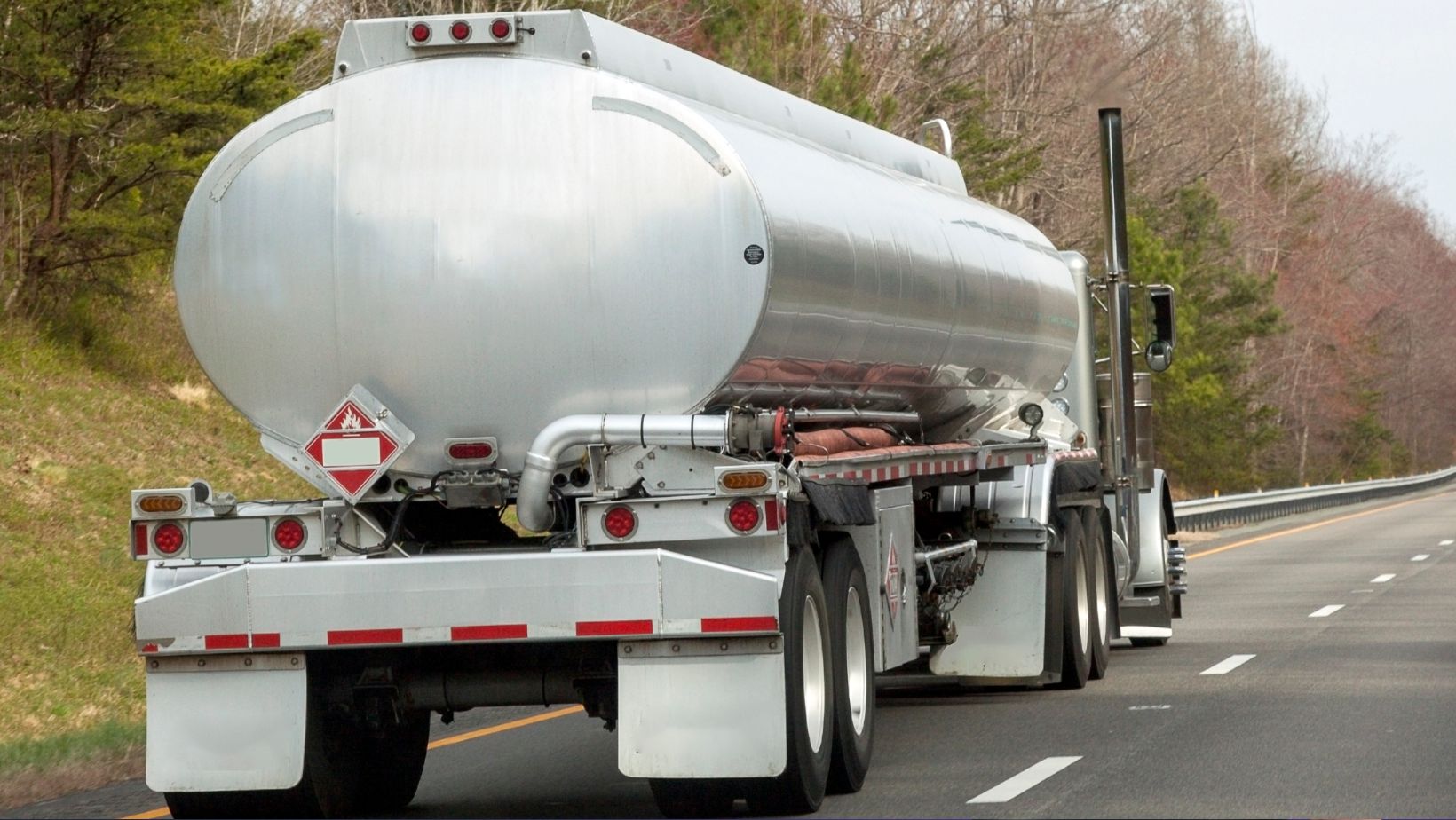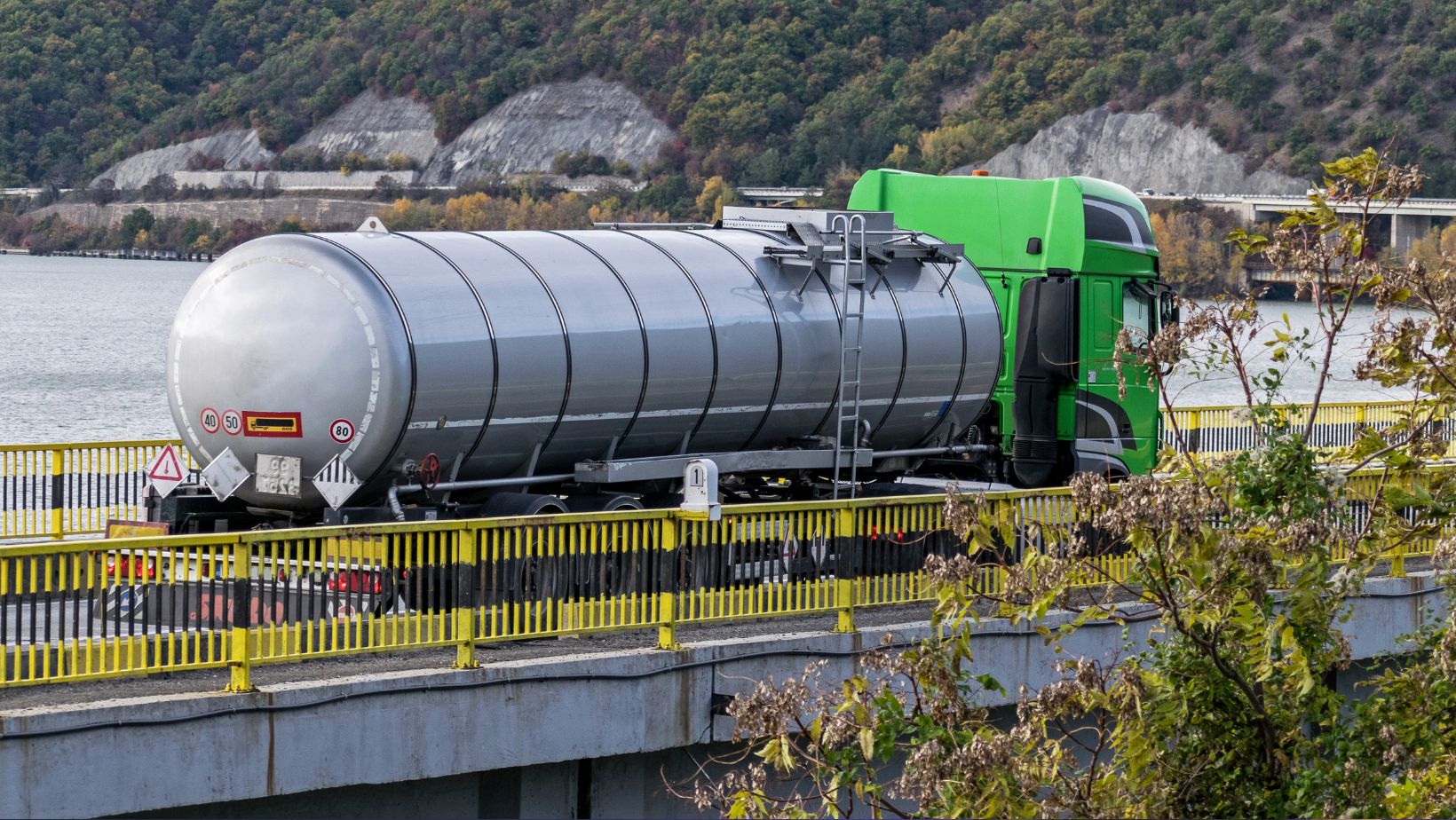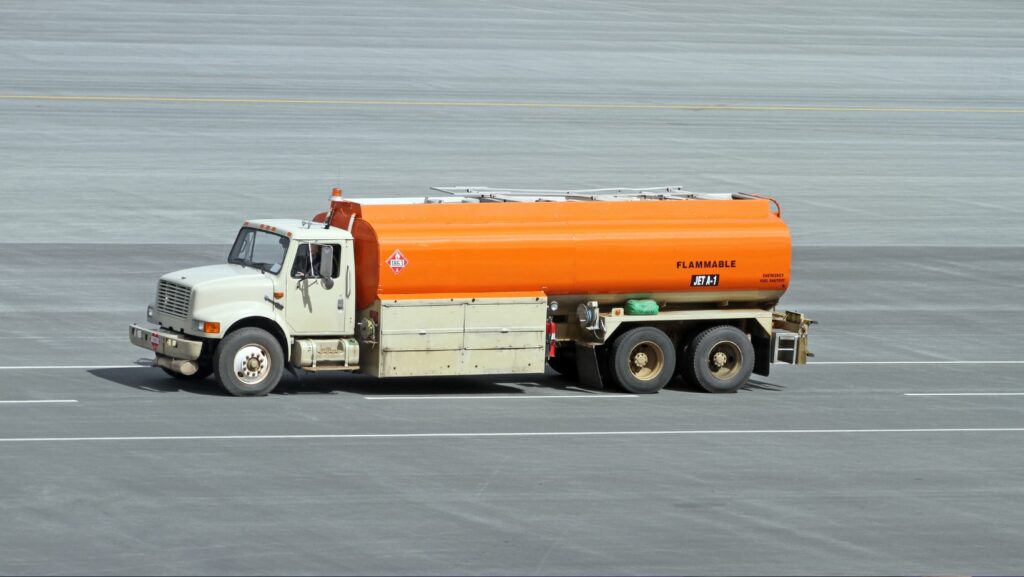Fuel dispatch is a crucial part of many industries, from transportation to logistics. As we move forward, this field is experiencing significant changes driven by new trends and technologies. Understanding these shifts can help businesses stay ahead and make better decisions. This article explores the future of fuel dispatch, highlighting the latest trends and technologies shaping the industry.
Understanding Fuel Dispatch
Fuel dispatch is the process of managing and delivering fuel to various locations. It involves scheduling deliveries, tracking fuel levels, and ensuring timely refueling. This process is essential for keeping vehicles, machinery, and equipment running smoothly.
Current Challenges in Fuel Dispatch
Before diving into future trends, it’s important to recognize the challenges faced by the fuel dispatch industry today:
- Inefficiency: Traditional methods of fuel dispatch can be slow and cumbersome. Manual scheduling and tracking often lead to delays and mistakes.
- High Costs: Fuel delivery can be expensive due to logistical complexities and rising fuel prices.
- Environmental Concerns: The fuel industry is under pressure to reduce its carbon footprint and adopt more sustainable practices.
- Safety Issues: Managing fuel safely is critical to prevent accidents and spills, which can be costly and hazardous.
Emerging Trends in Fuel Dispatch
The fuel dispatch industry is evolving rapidly, driven by several key trends:
Digital Transformation
Digital tools and technologies are revolutionizing fuel dispatch. Fuel dispatch software solutions are now available to automate scheduling, track fuel usage, and manage deliveries. These tools improve efficiency and accuracy, reducing the risk of human error.
- Fleet Management Software: This software helps manage the logistics of fuel delivery. It provides real-time data on fuel levels, vehicle locations, and delivery schedules.
- Mobile Apps: Apps enable drivers and dispatchers to communicate easily, update delivery statuses, and access important information on the go.
Internet of Things (IoT)
IoT technology connects various devices and systems, allowing for better monitoring and control of fuel dispatch operations.
- Smart Sensors: Sensors installed in fuel tanks and delivery trucks can provide real-time data on fuel levels, temperature, and pressure. This information helps prevent overfills, leaks, and other issues.

- Predictive Maintenance: IoT data can predict when equipment needs maintenance, reducing the risk of breakdowns and improving reliability.
Data Analytics
Big data and analytics are transforming how fuel dispatch operations are managed. By analyzing large volumes of data, companies can make more informed decisions and optimize their operations.
- Route Optimization: Analytics tools can help find the most efficient delivery routes, saving time and fuel.
- Demand Forecasting: Data analysis can predict future fuel needs, helping companies plan better and reduce stockouts or overstock situations.
Automation and AI
Artificial Intelligence (AI) and automation are becoming more prevalent in fuel dispatch. These technologies can handle repetitive tasks, allowing human workers to focus on more complex issues.
- Automated Scheduling: AI can automatically schedule fuel deliveries based on real-time data and historical patterns.
- Chatbots: AI-powered chatbots can handle customer inquiries and provide support around the clock.
Sustainability Initiatives
Environmental concerns are driving the fuel dispatch industry to adopt more sustainable practices.
- Alternative Fuels: There is a growing interest in using alternative fuels, such as biofuels or hydrogen, which have a lower environmental impact.
- Energy Efficiency: Companies are implementing energy-efficient practices to reduce their carbon footprint, such as optimizing delivery routes and using fuel-efficient vehicles.
Blockchain Technology
Blockchain technology offers a secure and transparent way to track fuel transactions and deliveries.
- Supply Chain Transparency: Blockchain can track the entire journey of fuel from the supplier to the end user, ensuring authenticity and reducing fraud.
- Smart Contracts: These digital contracts automatically execute and enforce agreements, reducing administrative overhead and improving trust between parties.
Technologies Shaping the Future
Several cutting-edge technologies are shaping the future of fuel dispatch:
Telematics
Telematics combines telecommunications and monitoring systems to track vehicle performance and fuel usage. It provides valuable data for improving fuel efficiency and managing fleets.
- Real-Time Tracking: Telematics allows for real-time monitoring of fuel consumption and vehicle location.
- Performance Analysis: Analyzing telematics data helps identify inefficiencies and optimize fuel usage.
Advanced Fleet Management Systems
Modern fleet management systems integrate various technologies to streamline operations.
- GPS Tracking: GPS technology provides accurate location data, helping with route planning and monitoring.
- Fuel Management Systems: These systems track fuel usage and detect anomalies, helping to prevent theft and misuse.
Electric and Hybrid Vehicles
The rise of electric and hybrid vehicles is influencing fuel dispatch strategies.
- Charging Infrastructure: As electric vehicles become more common, the need for charging infrastructure increases. Fuel dispatch must adapt to include electric vehicle charging solutions.
- Reduced Fuel Dependency: Hybrid and electric vehicles reduce reliance on traditional fuels, impacting how fuel is managed and delivered.
Advanced Fuel Storage Solutions
New storage technologies are improving the way fuel is stored and managed.
- Smart Tanks: Advanced storage tanks with monitoring capabilities help manage fuel levels and prevent spills.
- Leak Detection Systems: Modern systems can quickly detect and address leaks, reducing environmental impact and ensuring safety.
The Future Outlook
The future of fuel dispatch looks promising, with continuous advancements in technology and a growing focus on sustainability. Companies that embrace these changes will likely see improved efficiency, reduced costs, and a positive environmental impact.
- Enhanced Efficiency: Automation, AI, and data analytics will continue to drive efficiency in fuel dispatch operations.
- Sustainability Focus: The shift towards sustainable practices and alternative fuels will shape the industry’s future.

- Technological Integration: The integration of new technologies, such as blockchain and advanced fleet management systems, will provide greater transparency and control.
Conclusion
The fuel dispatch industry is undergoing significant changes, driven by technological advancements and a focus on sustainability. From digital tools and IoT to AI and blockchain, these trends are reshaping how fuel is managed and delivered. By staying informed and adapting to these changes, businesses can enhance their operations, reduce costs, and contribute to a more sustainable future. The future of fuel dispatch is bright, with exciting opportunities on the horizon for those who embrace innovation and change.

